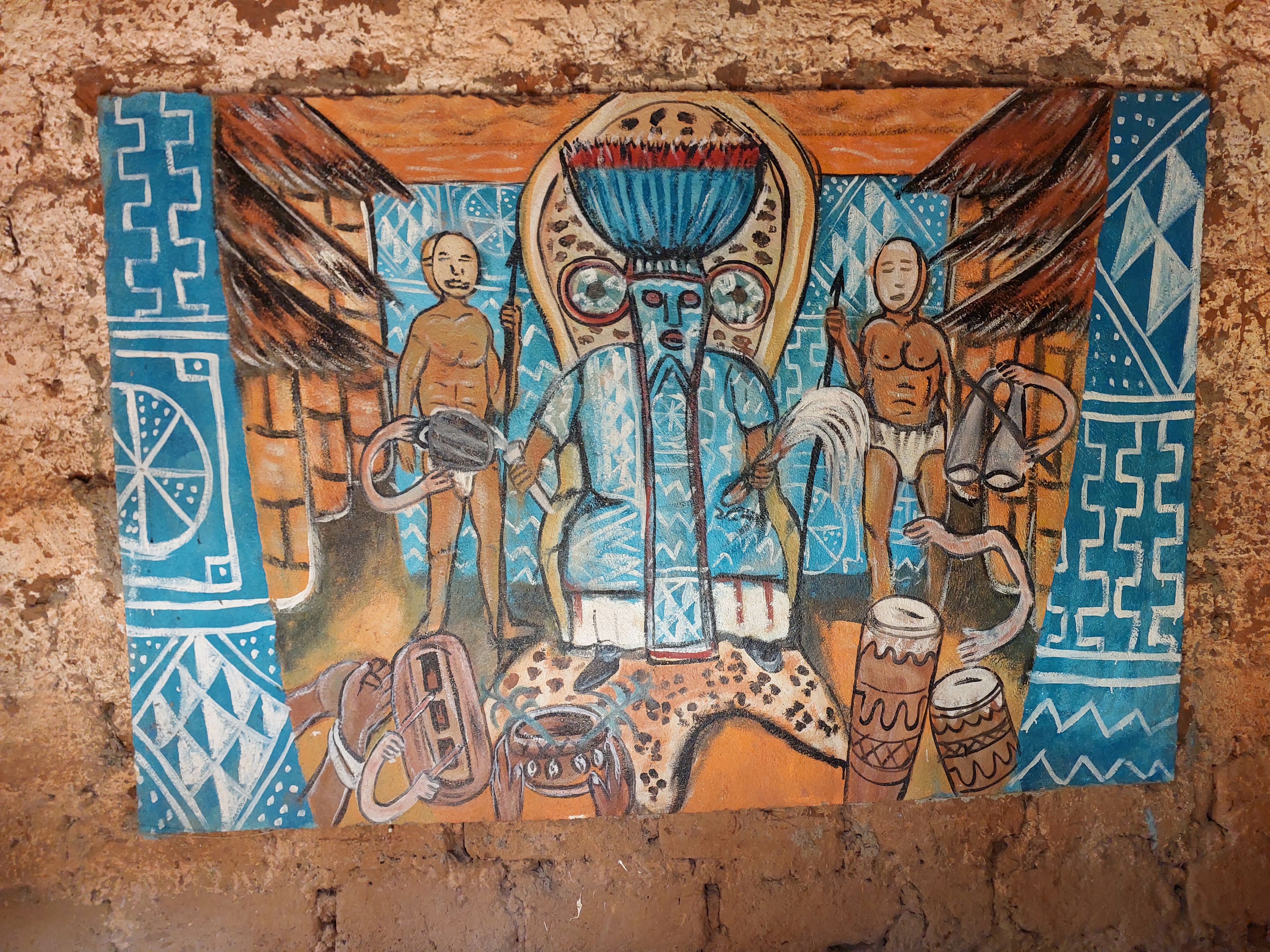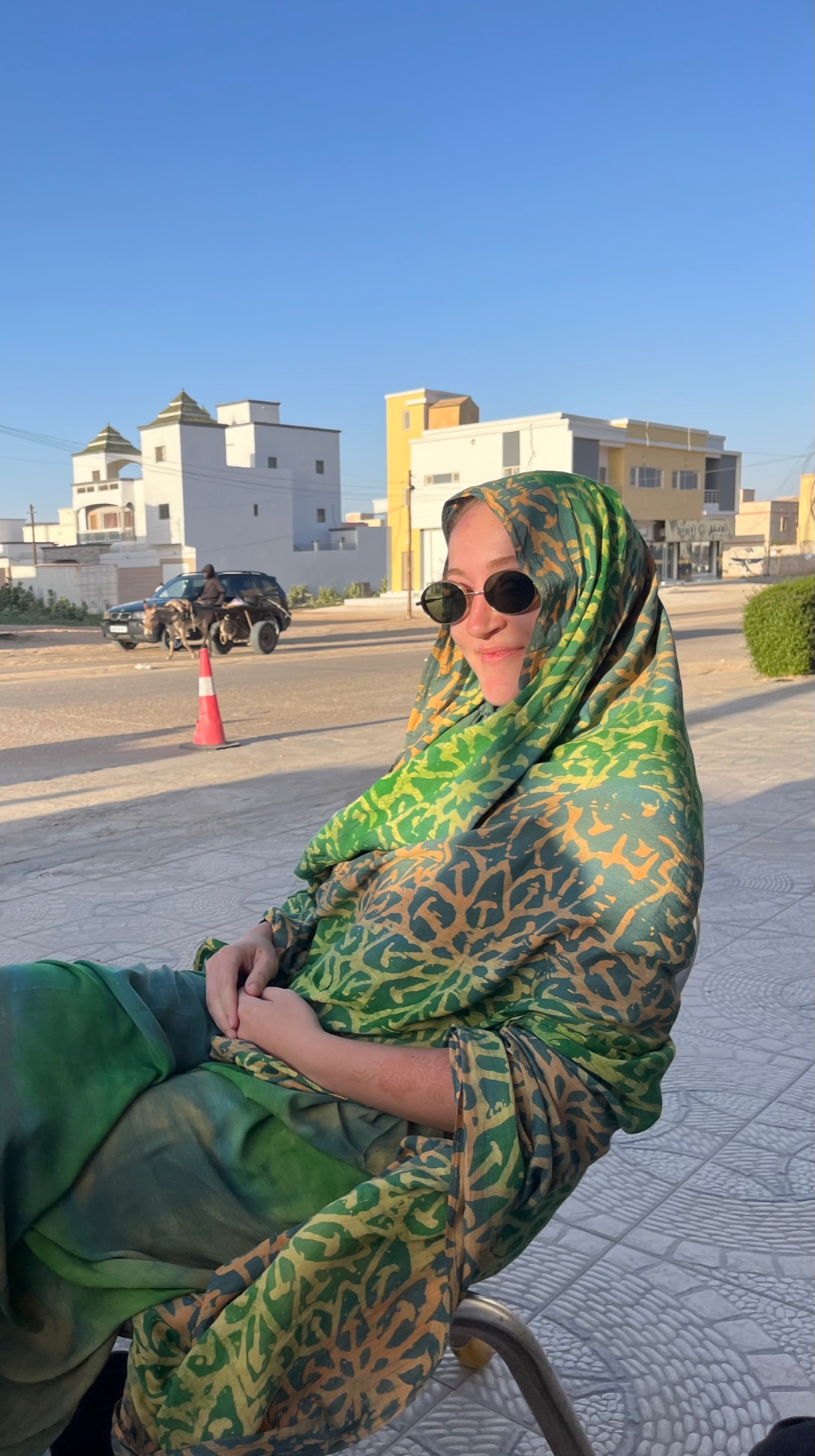Want to visit Cameroon but wondering where to start? With a variety of climates, this fascinating and beautiful country can be visited any time of year, but some seasons may be better than others depending on where you are planning to stay and what activities you’re planning to do. Overall, in most parts of the country and cities like Yaoundé, the weather will be warm and oppressively muggy throughout the entire year, but seasonal changes can still play a role in your plans.
Spanning 680 mi (1100km) from north to south, the country contains multiple climates at any time of year. The northernmost edge of the country borders the Saraha, which means the climate in the north is mostly dry and arid. The middle section of the country turns into grasslands, where a huge variety of animal species can be spotted in Cameroon’s National Parks. These tropical grasslands are warm year-round, but have wet and dry periods. The south of the country is home to parts of the Congolese Rainforest and the Cameroonian Highlands, which has a huge amount of biodiversity. This part of the country is extremely humid and is where the village of Debundscha is situated – the wettest place in the entirety of continental Africa!
Climate by Season
November to February – Dry Season
For many visitors, November to February is the ideal time to visit Cameroon. The weather is slightly cooler as well as drier. Road conditions are at their best, and it’s the most promising time for wildlife viewing. If you’re wanting to visit Cameroon for trekking, such us hiking up Mt. Cameroon, or for trying to spot giraffes, elephants, antelopes, baboons, lions, and more in Waza National Park, then dry season is going to be the perfect time for you to visit.
If you’re traveling to the far north of Cameroon during dry season, you can expect hot, sometimes scorching, days and cool desert nights, and a dry, arid climate. In the very far north, temperatures at night can get down to almost freezing. In the far north you should also be prepared for the Harmattan winds. These are trade winds that occur during dry season across the Sahara and blow fine dust particles through the air, making the sky hazy and sometimes even yellowish. They winds are strongest in the early mornings and evenings from December to February, and they come in waves lasting a few days or weeks. They will make your skin and eyes feel dry and chap your lips, so be prepared with sunglasses and any moisturizing creams you prefer, as well as a scarf to potentially wrap around your face – the locals will show you how to tie it! If you have any respiratory issues, you should consider a face mask designed specifically for dust ventilation. While the Harmattan winds can sometimes have an effect on middle Cameroon, it is really the far north that experiences the brunt of it. Coastal cities like Limbe or Douala are unlikely to be affected.
March – Shoulder Season
March is when the first signs of rainy season begin to show. You’ll have some days of sunshine and will likely get caught in a few light showers, but it is less likely that the rain will be enough to interrupt your travel plans or affect the road conditions. National parks will still be open, and any haze from the Harmattan winds should be washed away. This is a great time to visit the north and middle of the country, but in the south, the humidity level will be rising, so be prepared with lightweight breathable clothing. This is also the peak of the hot season, which lasts from January to April. During this time, temperatures in the middle and south of the country can have an average high of 30°C (86°F) and an average low of 20° (69°F
A benefit to visiting during a shoulder season is that prices for things like accommodation can often be lower during this time. There are also fewer tourists, which can mean less need to book certain things in advance if you’re the type of traveler that plans things as you go.
April to September – Wet Season
If you’re visiting the south of the country during rainy season, be prepared to get wet! This is the peak of the African monsoon. You can prepare for downpours by wearing quick-dry clothes and waterproof jackets and footwear, but the rainy season can bring some negative consequences beyond getting wet. Roads, particularly in remote areas, can become severely flooded or extremely muddy, making them impassible. This can disrupt travel plans even if you’re traveling in a high-clearance 4x4 vehicle, so it’s best to have room in your itinerary for flexibility if you are traveling during this season.
One benefit to the wet season is that temperatures cool down a little. In Yaoundé, the average high is 25°C (77°F) and the average low is 19°C (67°F) in July – which is the coolest month.
October – Shoulder Season
This is a great time to visit the north of the country and the highlands. The country will still be green and lush from the rainy season, but days won’t be as wet as the months prior. It’s a sweet spot to visit highland cities like Bafousam and Bamenda and their surrounding areas, as you’ll get to experience the beauty of rainy season with the accessibility of the dry season. Waterfalls are still full, and trails are starting to dry, making it a good time to visit for trekkers. As with March, the October shoulder season can also bring lower prices and less tourists to compete with.
For more information on what to pack to prepare for your Cameroon trip, check out our Destination Guide .
Special Festivals and Events
Perhaps you’re the kind of traveler who is comfortable with a variety of weather conditions and you would prefer to design your trip around a special event. Cameroon has a wealth of cultural festivals and lively celebrations filled with music and dance. I’ll highlight just a few of them here.
Nguon Festival
This festival occurs every two years, usually in November December, and is one of the most important cultural festivals in Cameroon. It has been celebrated for over 600 years, making it one of Africa’s oldest continuous royal festivals! Nguon originates with the Bamoun people, and it’s key purpose is to renew the legitimacy of the king or sultan. The sultan of Bamoun himself, dressed in elaborate finery, will ride in on a royal horse to attend a public trial. There, he will be judged, potentially criticized, and reminded of his kingly responsibilities. The festival will also include music and traditional Bamoun warrior dances, women’s dances, and masked costumes. It’s also a wonderful opportunity to see traditional Bamoun handicrafts – they are known for beadwork, bronze casting, wood carving, and a variety of instruments and sculpture.
The next Nguon festivals will occur in 2026, then 2028, and so on.
Nyem-Nyem Festival
This festival is celebrated by the Gbaya in and around Ngaoundéré, which is in middle of the country, slightly to the northeast. This area was once occupied by Germany, and the Nyem-Nyem festival celebrates the Gbaya peoples’ resistance of that colonial rule. The brief German colonization of this area led to a local uprising called, you guessed it, the Nyem-Nyem revolt. Though the revolt did not immediately succeed, the Nyem-Nyem festival celebrates and honors the bravery, resilience, and defiance of their ancestors. The celebration involves warrior dances and even dramatic battle reenactments set to highly rhythmic music. There will be spiritual rituals, exhibitions of locals arts and crafts, traditional games, and community feasts. This festival usually takes place in mid-to-late July, and is well worth braving the rainy season for!
Fête de la Musique
This more modern festival is a celebration of music and takes place on June 21 st , which is world music day. Fête de la Musique involves celebrations across the country, including free concerts by Cameroonian artists. There will be traditional music in the streets, and modern performances at music venues across the country. Some concerts will be big parties bringing together a variety of acts. This day is meant to celebrate the diverse sounds and voices a country steeped in music tradition.
Overview
There are pros and cons to traveling during any time of the year in Cameroon, so you really can’t go wrong. Of course, navigating the rainy season and rural areas with limited infrastructure can be made much easier by joining a group tour. You can find our Cameroon group tours here ! If you’d like help planning your Cameroonian travel, send us an email at [email protected] .



